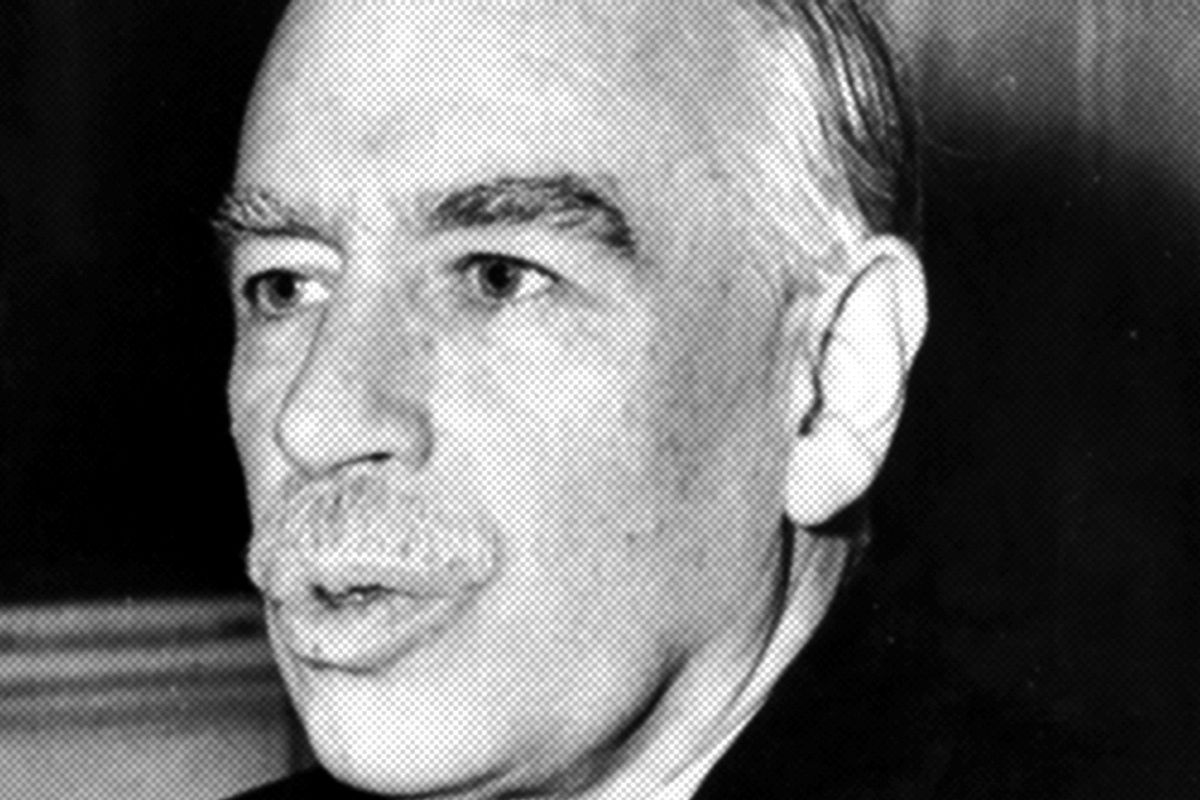How could it only have been last September when I wrote, in the context of a review of Lord Robert Skidelsky's "Keynes: The Return of the Master", that "the sudden present-day prominence of John Maynard Keynes... calls to mind the famous 1981 Rolling Stone magazine cover story on the Doors' Jim Morrison: 'He's Hot, He's Sexy, and He's Dead.'"
Pop celebrity is just so fleeting in the 21st century. Here we are, just nine months later, and the great British economist is once again ice-cold, devoid of sex appeal, and, yes, still dead. None other than Skidelsky himself points this out in a must-read essay in today's Financial Times," "the re-conversion to Keynes," he writes, "in the wake of the financial collapse of 2008 was only skin-deep."
The particulars of Skidelsky's argument will be familiar to anyone who has been following the debate over whether it makes sense to cut government spending when faced with high unemployment, excess unused industrial capacity, a complete absence of inflation, and the very real threat of a recessionary relapse. Skidelsky's charm lies in his evocation of a similar debate that played out in Great Britain in the 1930s, when the fiscal austerity advocates triumphed, and helped plunge the world into Depression. At the time Keynes was a vocal, and lonely critic of the prevailing wisdom. He was also, as usual, right, but in his own inimitable style.
When the Conservative-Liberal coalition that had succeeded the Labour government introduced an emergency budget in September 1931, Keynes again stood out against the chorus of approval. The budget was, he wrote, "replete with folly and injustice". He explained to an American correspondent that "every person in this country of super-asinine propensities, everyone who hates social progress and loves deflation, feels that his hour has come and triumphantly announces how, by refraining from every form of economic activity, we can all become prosperous again."
Maybe he's not dead after all! Because the phrase "this country of super asinine propensities" certainly sounds as if it only could have been uttered by someone with a front row seat watching the U.S. Senate deliberate in the summer of 2010.



Shares